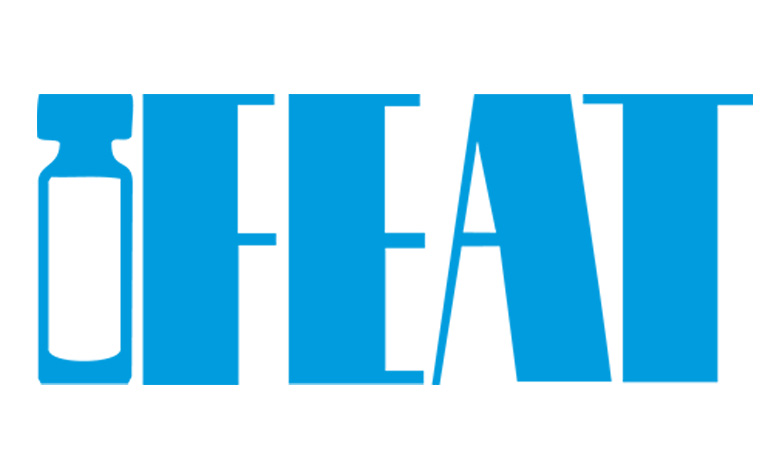Safety in the products we use daily, whether they are cosmetics, food, or cleaning products, is of utmost importance. Essential oils are popular ingredients due to their aromatic and therapeutic properties, but not all are equal in safety. One compound that has raised concern is safrole. This article will explore how safrole-free essential oils can ensure the safety of your products and how essential oil producers address this need.
What is safrole and why is it concerning?
Safrole is an organic compound found in various plants and essential oils, including nutmeg, sassafras, and cinnamon. Although it has a distinctive aroma and can provide aromatic benefits, safrole has been classified as a potentially carcinogenic substance by several regulatory agencies, including the United States Food and Drug Administration (FDA) and the International Agency for Research on Cancer (IARC).
Studies on safrole intake
Studies have shown that prolonged exposure to safrole can cause liver damage and other diseases. Although the amounts present in essential oils are usually low, accumulation over time and use in large quantities can pose a significant risk to human health.
Limitations on the use of safrole in consumer products
Due to these risks, many countries have implemented strict regulations on the use of safrole in consumer products. For example, the FDA has banned the use of sassafras oil in food products. These restrictions have prompted the industry to seek safe alternatives and develop safrole-free essential oils to comply with regulations and protect consumers.
Safrole-free essential oils for consumption
The elimination of safrole from essential oils not only complies with safety regulations but also offers multiple additional benefits for consumers and producers of safrole-free essential oils.
We guarantee your products are safer
By using safrole-free essential oils, as producers, we guarantee that your products do not present risks associated with this compound. This is crucial in products that are ingested, inhaled, or applied directly to the skin.
We comply with regulations for consumer products
International regulations on the presence of safrole in consumer products are strict. We ensure that by using our safrole-free essential oils, you comply with these regulations, thereby avoiding legal issues and potential product recalls from the market.
Marketing safe essential oils
In a market increasingly aware of safety and health, offering products containing safrole-free essential oils can be a significant selling point. Consumers are increasingly informed and prefer products that prioritize their well-being. Moreover, brands that demonstrate their commitment to safety and transparency gain a competitive advantage.
Production of safrole-free essential oils at Arogreen
Producing safrole-free essential oils requires a meticulous approach and advanced techniques to ensure the purity and safety of the final product. As essential oil producers, we take great care in this process to guarantee a safe product.
Fractional distillation
To produce safrole-free essential oils, we implement a distillation process that separates and removes safrole from the essential oils. This can be achieved through advanced techniques such as fractional distillation, which allows us to separate unwanted components at different boiling points.
Analysis and quality control of safrole-free essential oils
Quality control is fundamental to ensure that essential oils are free of safrole. At Arogreen, we use analytical techniques such as gas chromatography and mass spectrometry to identify and quantify the components of essential oils. These analyses ensure that the products meet safety regulations and do not contain traces of safrole.
How we measure the absence of safrole in essential oils
To ensure the absence of safrole in essential oils, it is crucial to employ precise and reliable analytical methods. Some of the techniques and processes we use as essential oil producers to measure and ensure the quality of the products are described below.
Gas chromatography
Gas chromatography is a key technique in the analysis of essential oils. This method separates the components of a volatile mixture and allows us to accurately identify and quantify each component, including safrole. Using detectors such as the flame ionization detector (FID) or mass spectrometry, we can ensure that the essential oils we produce are free of safrole.
Mass spectrometry
Mass spectrometry is another vital analytical tool used in conjunction with gas chromatography. This technique provides detailed information about the mass and structure of the compounds present in essential oils. The combination of these two techniques allows us to detect even the smallest traces of safrole, ensuring the purity of the product.
Applications of safrole-free essential oils
Safrole-free essential oils have a wide variety of applications in different industries, from food and beverages to cosmetics.
Essential oils for food and beverages
Safrole-free essential oils are used to add flavor and aroma to products such as candies, beverages, and baked goods, while ensuring consumer safety.
Cosmetics and personal care
In the cosmetic industry, the safety of ingredients is of utmost importance. Essential oils are used in various products, including creams, lotions, shampoos, and aromatherapy. These oils not only provide aromatic benefits but also offer therapeutic properties without the risks associated with safrole.
Cleaning products
Essential oils are also used in cleaning products for their antimicrobial and deodorizing properties. Using essential oils in these products not only enhances their effectiveness but also ensures they are safe for use in homes, especially those with children and pets.
In conclusion, safrole-free essential oils are a safe and effective alternative for a wide range of applications, from cosmetics to food and cleaning products.
Arogreen, essential oil producers
We are responsible for the removal of safrole through advanced distillation and quality control methods. By opting for safrole-free essential oils, companies can ensure the safety of their products and respond to the growing demand for natural and safe products from consumers.
Contact us to learn more about the availability of safrole-free essential oils for your products.







